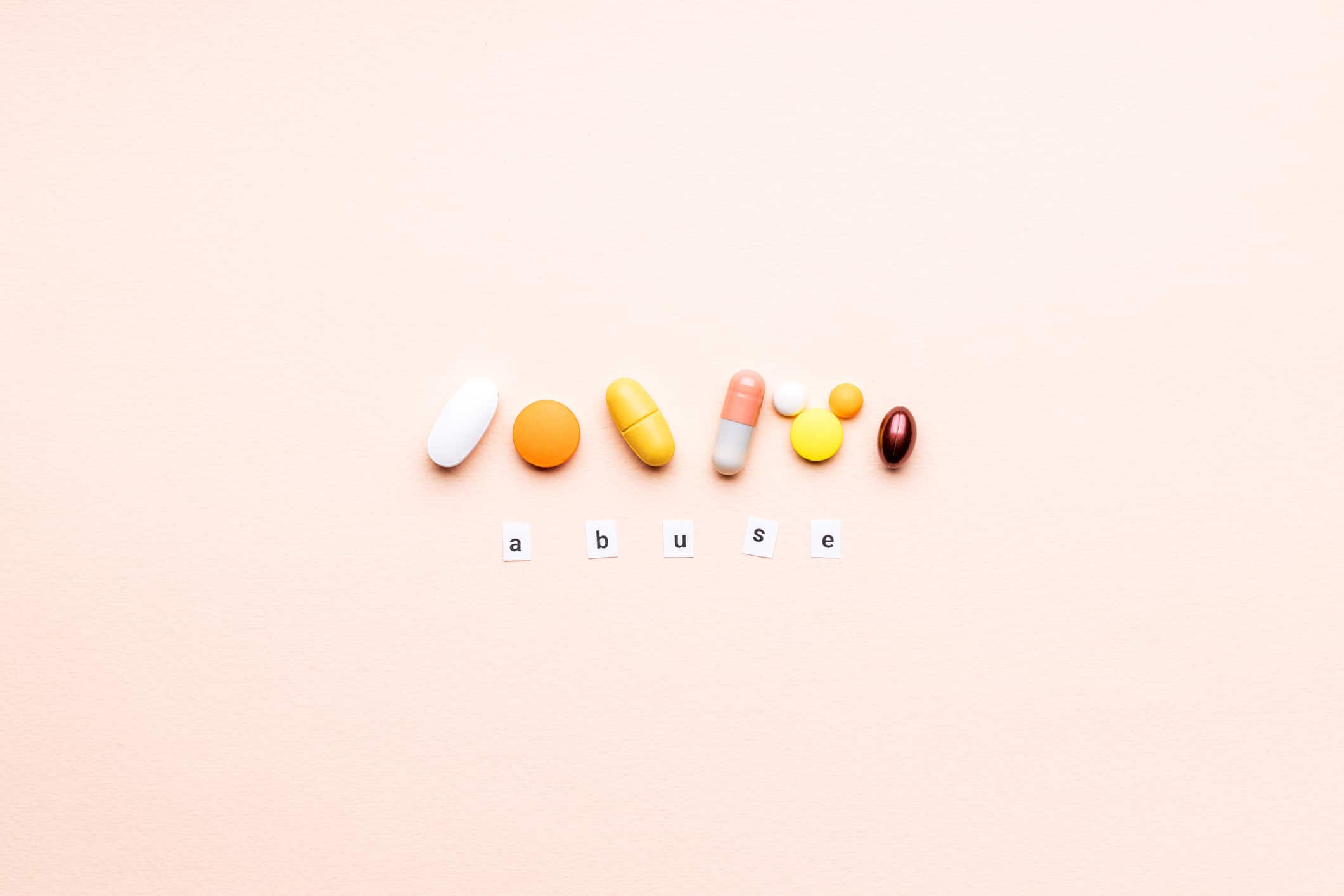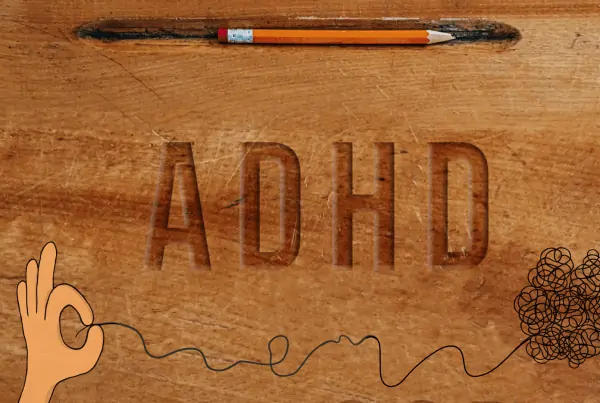Drug addiction distinguishes itself from behavioral addiction by how addictive substances affect the brain, both in the short- and long-term. Among many recreational substances, amphetamines are some of the most dangerous and addictive, especially for teens and young adults. While certain rewarding behavior can engender repetition, even in the face of dire consequences, drugs are hazardous to most people because they neurologically change how the brain interprets them with every use.
Research shows that certain substances develop sensitivity in the brain, wherein receptors react more strongly to a drug the first few times. This dependence is deepened by other physical, neurological, and psychological symptoms of addiction, creating a vicious cycle. While amphetamine abuse is treatable, the prognosis for addiction largely depends on a long list of internal and external factors. For amphetamines, breaking the habit does not mean this sensitivity is reversible.
However, according to the Centers for Disease Control and Prevention (CDC), research has shown that even the infrequent use of amphetamines can have serious, if not lifelong or life-threatening, consequences for teens – even after years of abstinence. Here’s what you need to know about the risks of early-onset use and the rippling effects of teen amphetamine abuse.
What Are Amphetamines?
Amphetamines are a type of synthetic stimulant drug with a long history of medical use, first as a nasal decongestant and aphrodisiac, and later as a prescription drug for:
-
- Attention-deficit hyperactivity disorder (ADHD)
- Obesity
- Narcolepsy
- Off-label uses for both depression and pain
- Performance-enhancing uses in both sports and combat duty
A controlled substance since 1970, amphetamines can be very addictive and are typically more dangerous for teens without ADHD or narcolepsy than teens because of the neurological mechanisms behind these illnesses. Ironically, while a dangerous drug when used recreationally, prescribed amphetamine reduces the risk of substance use disorder (SUD) for teens with ADHD.
When used recreationally, however, the drug has a myriad of short-term and long-term effects, as well as adverse effects on the heart and brain. Notable dangerous side effects of amphetamine use include an increased risk of hypertension and tachycardia, anxiety, and insomnia. The most commonly abused name-brand amphetamines include:
Ritalin, which is also an ADHD drug, contains methylphenidate instead of amphetamine. Methylphenidate is also a highly addictive stimulant drug. Amphetamine produced and sold illegally is sometimes also known as “speed,” “uppers,” or “bennies.” Methamphetamine (meth) is a different stimulant drug based on the chemical structure of amphetamine. While it does have a brand prescription name, it is very rarely prescribed and is mainly produced and sold illegally as a dangerous recreational drug. MDMA (Ecstasy) is also amphetamine derived.
Signs & Symptoms of Teen Amphetamine Abuse
Amphetamines can produce a remarkable boost in energy and sociability and may affect both physical and cognitive performance. The amphetamines themselves do not give you any energy. Instead, they interact with receptors in the brain, releasing a powerful mixture of neurotransmitters and hormones such as dopamine and epinephrine. This can boost confidence and self-esteem to the point of grandeur, but it comes with a steep physical and psychological price, especially in the long-term or with repeated use. Some signs of teen amphetamine abuse include:
-
- Irritability
- Rapid mood swings
- Hallucinations (rare)
- Restlessness and insomnia
- Frequent gastric problems
- Delusions or paranoid behavior
- Sudden weight loss and change in appetite
Amphetamine can be swallowed, injected, smoked, or snorted. There are no drug paraphernalia specifically associated with amphetamine, but missing pills or an unprescribed medication bottle may be common indicators.
Even Occasional Substance Use Has Consequences for Teens
Drug use during adolescence can dangerously lead to a higher risk of teen substance abuse. Studies have shown that unnecessary or recreational amphetamine use early on in life can increase the drug’s sensitivity later in adulthood. This means teens who abuse drugs like Adderall or other sources of amphetamine for recreational or academic purposes and then quit are more sensitive to the drug when they are older and have a higher risk of developing an addiction if they reencounter it.
Part of the reason these drugs are dangerous to teens is because of how they imprint themselves on the brain and because of adolescent neurology. Teen brains are still in development long after the rest of the body has finished maturing. The human brain is generally still “growing” until about 25, which is why teens have a harder time with long-term planning and risk assessment. This makes them more vulnerable to repeated drug use despite warnings and adverse effects, and it makes them more likely to ignore others’ experiences or fail to recognize the risk.
This is because, as research has shown, teens are much more likely to rely on the reward-based portion of their forebrain than the underdeveloped amygdala-cortex, which focuses on assessing risk when making decisions and thinking. It also means that drug use experiences become enmeshed in the brain at an earlier age, causing a much higher likelihood of addiction than if a person had encountered the same drug years later, late into their twenties.
Long-Term Effects of Amphetamines
Some of the long-term effects of teen amphetamine abuse include (but is not limited to):
-
- Psychosis
- Convulsions
- Severe anxiety
- Heart palpitations
- Erectile dysfunction
- Increased risk of stroke
- Changes in blood pressure
- Hypertension or hypotension
- Worsened respiratory issues (in people with pre-existing respiratory illnesses)
Adverse effects, neurotoxicity, and the risk of dependence are all varied from person to person, and both genetic and external factors play a role in this. Polydrug use or using amphetamine produced illegally can further complicate long-term effects, as these street-level products are often mixed with other drugs.
Tackling Teen Amphetamine Abuse
There is no pharmacological solution for treating the abuse of amphetamines. Still, psychotherapy-based treatments have proven effective in helping teens recover from amphetamine addiction through a long-term recovery plan, often with the help of friends and relatives in the form of a strong support system. Inpatient and outpatient treatment programs can offer different perspectives and an array of effective coping mechanisms to teens with a history of substance use disorder.









